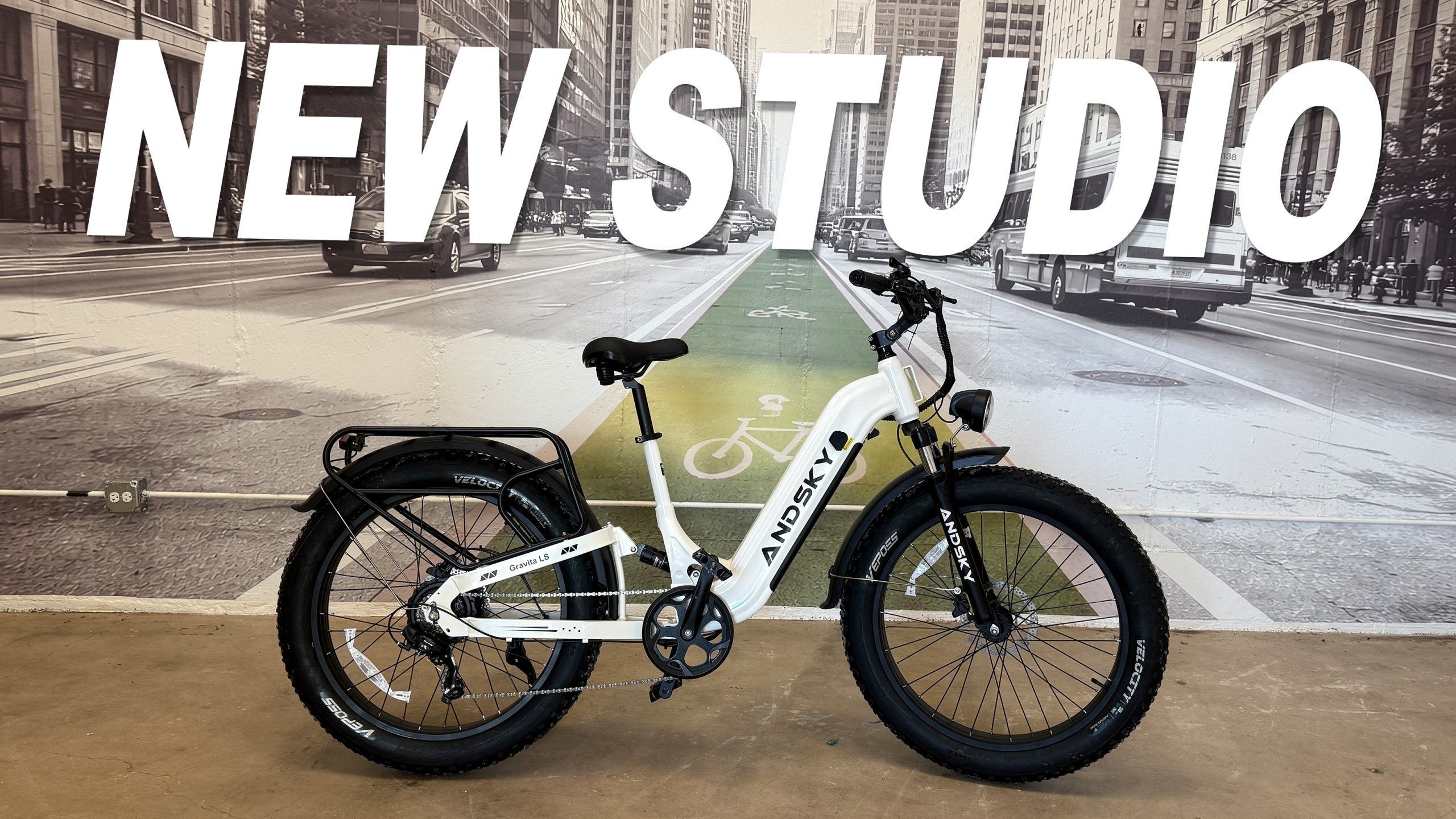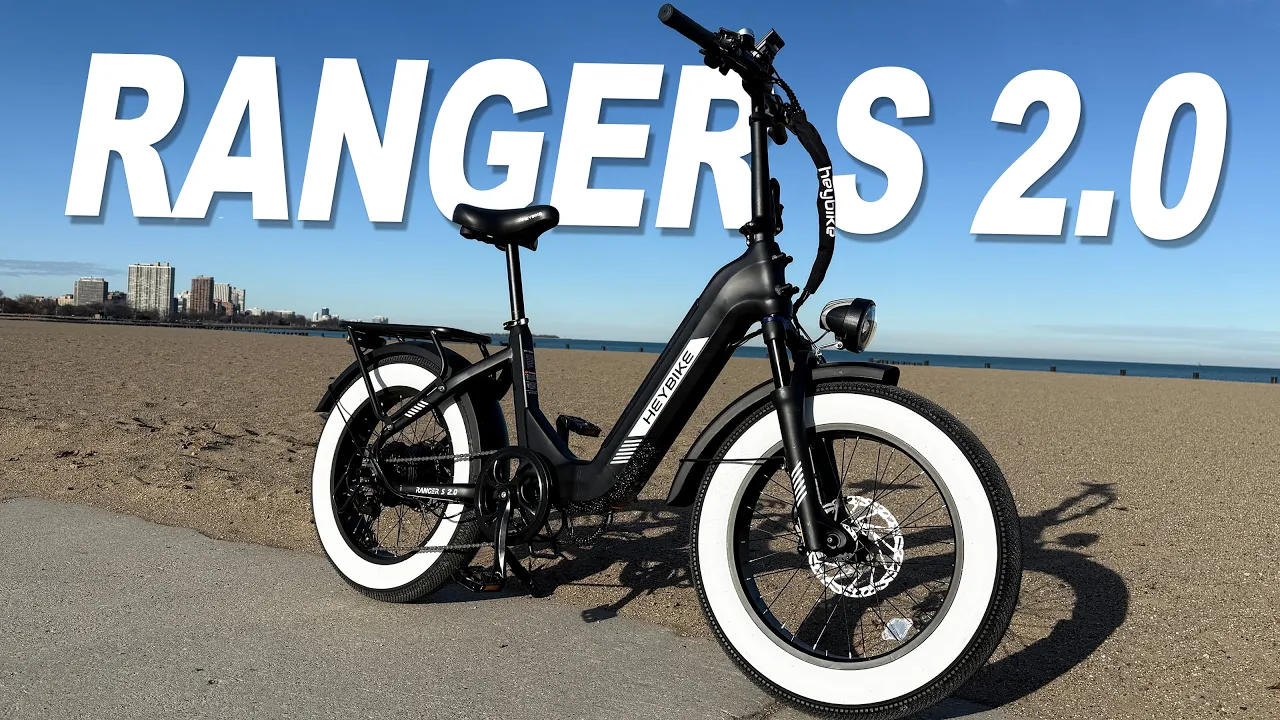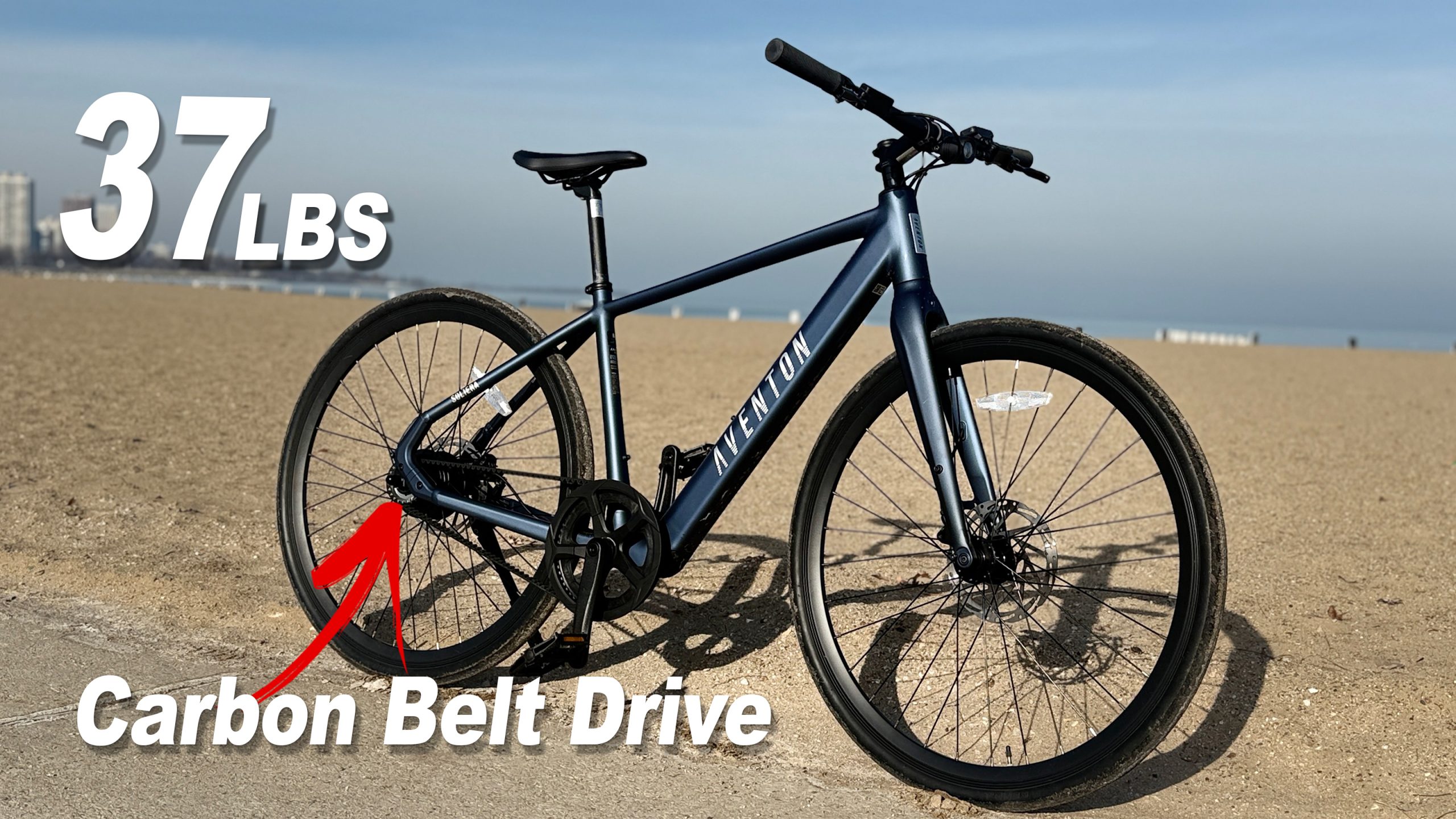AIPAS False Advertising Exposed
AIPAS False Advertising Exposed
I Don’t Understand Why Some Companies Do This!
Electric bikes have surged in popularity, offering an eco-friendly alternative to traditional transport. Among the many brands, APASS ebikes have become known as budget-friendly options for those entering the electric bike world. However, recent investigations have raised questions about the accuracy of APASS’s marketing claims, especially regarding battery specifications and safety certifications. This post dives deep into these concerns, revealing what’s really inside APASS batteries and what buyers should know before making a purchase.
Understanding AIPAS Ebikes and Their Market Position
AIPAS ebikes are positioned as affordable, accessible electric bikes for beginners or budget-conscious riders. Their appeal comes from offering decent performance at a lower price point compared to premium models. However, the challenge with budget ebikes often lies in balancing cost with quality and transparency.
Why Battery Specs Matter in Ebikes
The battery is the heart of any electric bike. It dictates the range, power output, and overall reliability. Knowing the exact battery cell type and certification status helps consumers make informed decisions about safety and performance. For example, batteries with Samsung 21700 cells are often preferred for their high energy density and durability, while UL certification indicates the battery meets safety standards.
Samsung 21700 Cells – Myth or Fact?
Initially, AIPAS marketed some of their models, like the M1 and M2 Pro, as featuring Samsung 21700 battery cells. These larger cells are known for better energy capacity and efficiency compared to the more common 18650 cells. However, user reports and further investigation revealed discrepancies.
A detailed teardown conducted by experts showed that the batteries actually contain 18650 cells, not 21700 as claimed. This is significant because while both cell types use similar chemistry, 21700 cells are physically larger and typically offer higher capacity and power output. The use of 18650 cells suggests a lower energy density than originally advertised.
UL Certification Claims
UL certification is a key safety standard indicating that the product has passed rigorous testing. AIPAS’s website initially claimed that their bikes were UL certified. However, attempts to verify these claims on the official UL database returned no results for the M1 and M2 Pro models.
After direct communication with AIPAS, it was confirmed that only the AIPAS A2 model holds UL certification. The M1 and M2 Pro do not have this certification, contradicting their marketing claims.
Impact on Consumer Trust and Safety
When companies exaggerate specifications, it erodes trust. Buyers rely on transparent information to assess whether an ebike meets their expectations and safety requirements. Misleading claims about battery cells and safety certifications can lead to confusion and potential safety risks.
Battery Configuration and Cell Type
The teardown revealed a battery pack configured as 13S5P (13 cells in series, 5 in parallel), labeled with 18650 cells rather than the claimed 21700 cells. This configuration aligns with the battery’s rated capacity of 17.5 Ah, but the cell type indicates a budget-grade component rather than a premium Samsung cell.
Implications of Using 18650 Cells
While 18650 cells are standard in many ebikes, they generally offer less capacity and energy density than 21700 cells. This difference affects the bike’s range, power delivery, and potentially its lifespan. However, the chemistry of both cell types is largely similar, so the performance difference is due to size and capacity rather than fundamental technology.
Transparency and Marketing Accuracy
AIPAS bikes are still considered good value for money in the budget segment. The issue lies in the marketing claims that overstate the specifications. Buyers should approach advertised specs with caution and seek independent reviews or teardowns.
Safety Considerations
UL certification is a critical safety benchmark. Since the M1 and M2 Pro models lack certification, buyers should be aware of this when choosing an ebike. Although many bikes operate safely without UL certification, certification provides added assurance of battery safety under various conditions.
Performance Expectations
Users should set realistic expectations for AIPAS ebikes. While suitable for casual riding and beginner use, their performance may not match that of higher-end models, particularly on steep terrain or demanding usage.
Recommendations for AIPAS and Ebike Consumers
For AIPAS
- Correct Marketing: Update and clarify battery specifications and certification claims to reflect reality.
- Enhance Transparency: Provide clear, accessible documentation on battery components and safety certifications.
- Focus on Integrity: Build trust by avoiding exaggerated claims that mislead customers.
For Consumers
- Do Your Research: Look beyond marketing materials and seek independent reviews.
- Check Certification Status: Confirm safety certifications like UL when purchasing an ebike.
- Understand Battery Specs: Learn about battery cell types and configurations to gauge expected performance.
Integrity and Transparency in the Ebike Industry
The investigation into AIPAS ebikes highlights a broader issue in the rapidly growing electric bike market: the need for honest, transparent communication about product specifications and safety. While AIPAS offers affordable options for entry-level riders, overstated claims about battery technology and certifications undermine consumer trust.
As the ebike market matures, brands that prioritize integrity and accurate marketing will stand out. For buyers, understanding the nuances of battery technology and certification is key to making informed decisions and enjoying a safe, reliable ride.







